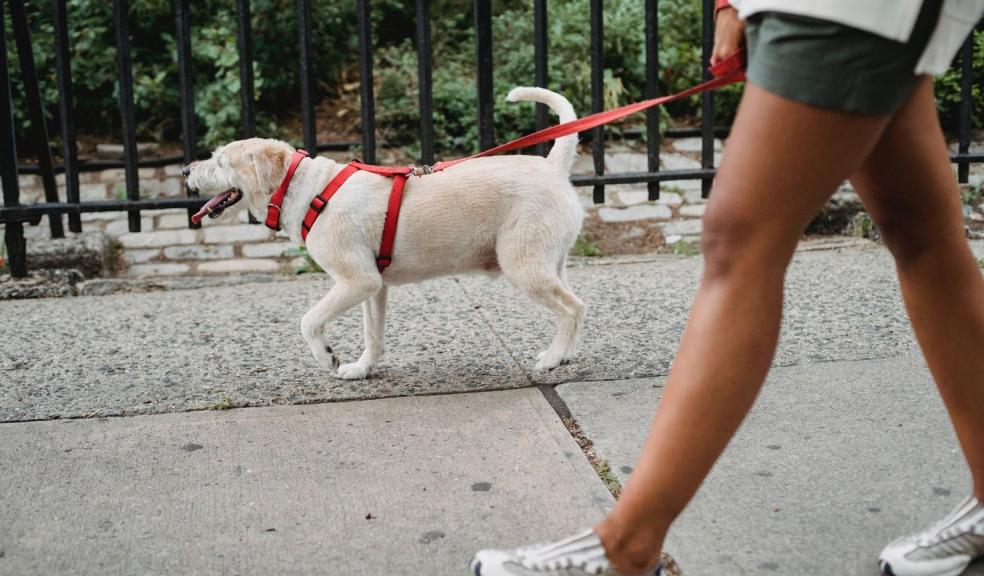
Thousands breaking the law by not microchipping their dog
Thousands of Brits may be hit with a £500 fine, as more than a million dogs in the UK have not been microchipped despite it being a legal requirement.
Experts from Quotezone.co.uk have urged pet owners to microchip their dogs and register them on a national database in order to make it easier to track down lost or stolen pups.
The microchipping law was put in place on 6 April 2016 for dogs and will soon be made mandatory for cats as well. Owners are legally required to make sure their pooch is fitted with a microchip by the time they're 8 weeks old, unless they have health conditions that prevent them from the procedure.
Owners are also responsible for updating their contact details and the dog's microchip information on the database, as failing to do so could land them another £500 fine. As well as being microchipped, dogs are still legally required to wear a collar with the owner's contact details when out in public.
Not only does microchipping help identify and return dogs to their owners, it also helps to decrease the growing number of strays on the streets and alleviates the strain that many animal shelters are under. Charities and local authorities can save millions of pounds in annual savings by not having to feed and home dogs who have gone missing, when they can instead just easily scan the chip and find the owner.
Additionally, microchipping is crucial since without it pet insurance is not an option, as insurance providers can invalidate the policy if the pup goes missing without a microchip.
The microchipping process itself is quick and painless and can be done for free in Blue Cross and Battersea rescue centres, or for a small charge of around £20 at a vet or local council.
Quotezone.co.uk Founder and CEO Greg Wilson said: "Microchipping increases the chance of missing pets being reunited with their owners, providing benefits for animal welfare as well as lowering costs for animal shelters. Inserting a microchip only takes a moment and you can also find centres that do it for free all over the nation, so there's really no excuse for why you shouldn't offer your four-legged friend all the protection you can.
"Not only will microchipping help keep your dog safe, but it will also help you avoid hefty fines and make it possible to protect your pooch with a pet insurance policy. Since every dog owner is legally required to microchip their pup, failing to do so means they're breaking the law and won't be covered by insurance if the pet should get lost or stolen.
"It's also important to remember to update the details for your dog's microchip when there are changes, for example, if you get a new phone number or move house."
Under the Government's flagship Action Plan for Animal Welfare, the microchipping law will soon be extended to cats as well. The number of stray cats is a rising issue, as recent research reveals that 80% of cats coming into Cats Protection's centres are not microchipped, making it very difficult to reunite them with their owners.
Under the new law, the fines for cat owners who are caught not having microchipped their kittens will be the same as for dogs, however cats need to be chipped by the time they're 20 weeks old. Greg continues: "Just like for dogs, cat owners are also encouraged to have their pets microchipped, even if it's not yet required by law. Doing so may result in lower insurance costs and will also ensure that your furry friend finds its way back home."







